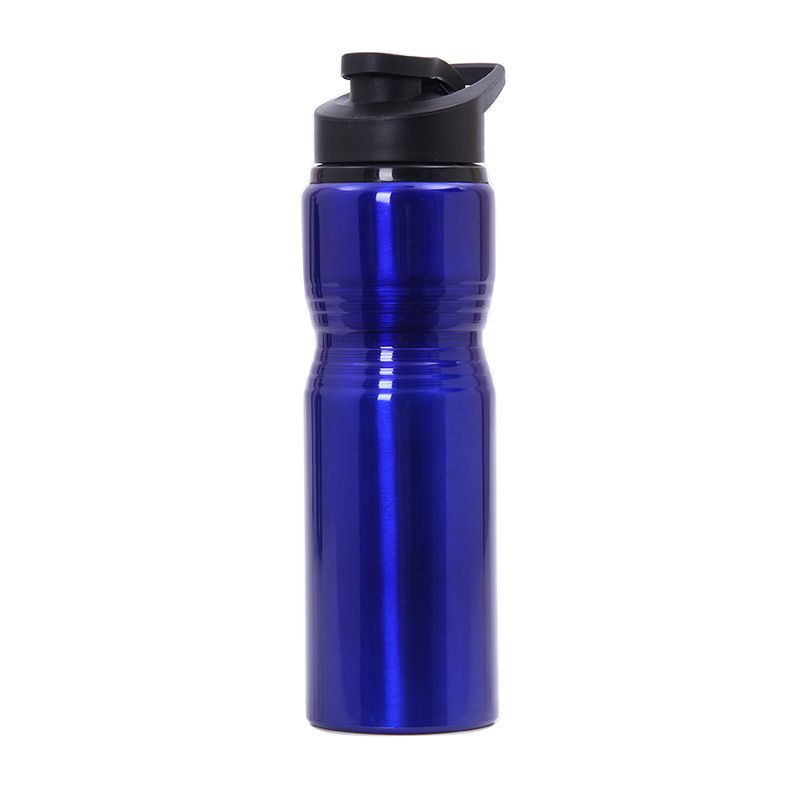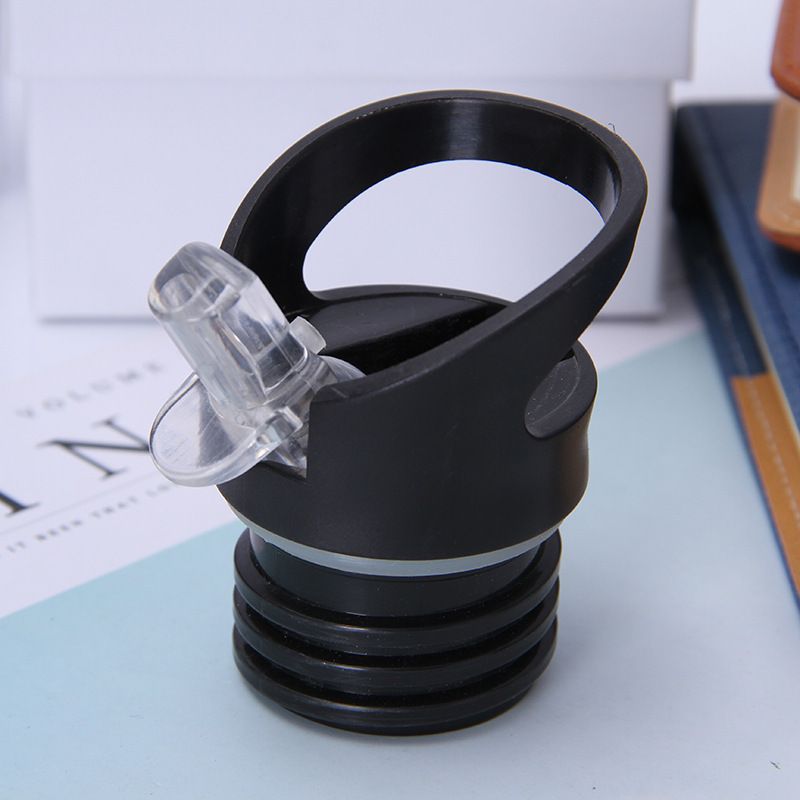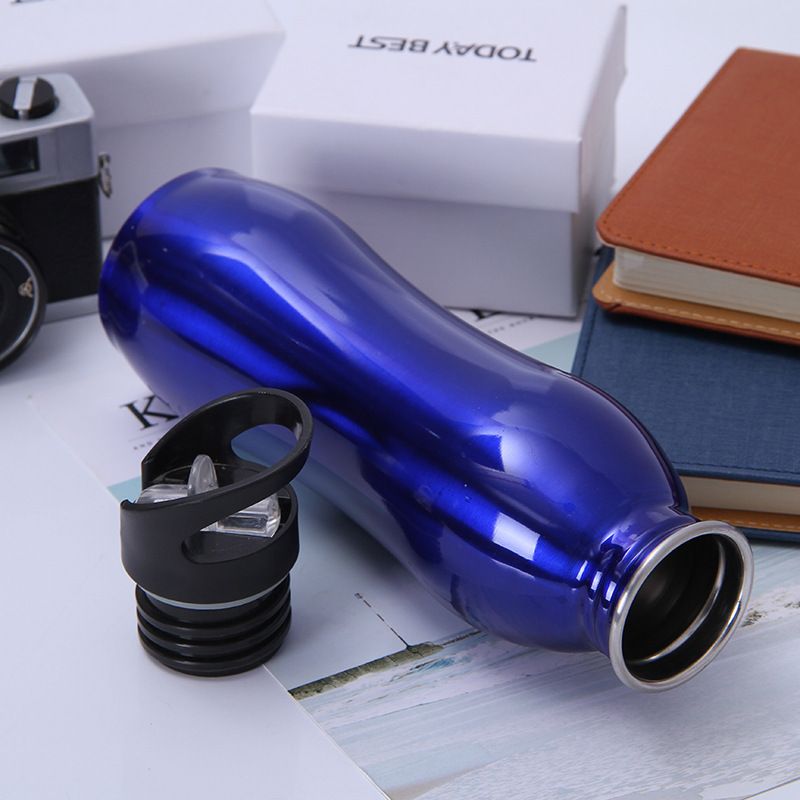The difference between aluminum and stainless steel water bottles in wholesale
Aluminum vs. Stainless Steel Water Bottles: A Wholesale Comparative Guide
Carrying a water bottle has become a common practice for many, driven by environmental, health, and convenience concerns. Among the various materials available, aluminum and stainless steel are two of the most popular choices. Each material offers distinct characteristics and advantages, and understanding the differences is crucial for making an informed decision. This article will explore the main differences between aluminum and stainless steel water bottles and provide some guidance on choosing the right one for you.
1. Material Properties
Aluminum Water Bottles
- Lightweight: Aluminum is a lightweight metal, making aluminum water bottles easy to carry.
- Thermal Conductivity: Aluminum has good thermal conductivity, which means it can quickly cool or heat beverages.
- Cost: Generally, aluminum water bottles are more economical than stainless steel ones.
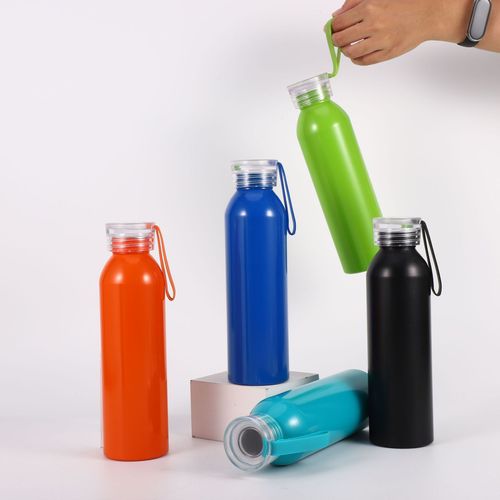
Stainless Steel Water Bottles
- Durability: Stainless steel is a very strong material, resistant to scratches and dents.
- Insulation: Stainless steel water bottles typically offer better insulation, maintaining the temperature of beverages for longer periods.
- Corrosion Resistance: Stainless steel is highly resistant to corrosion, suitable for storing various beverages over time.
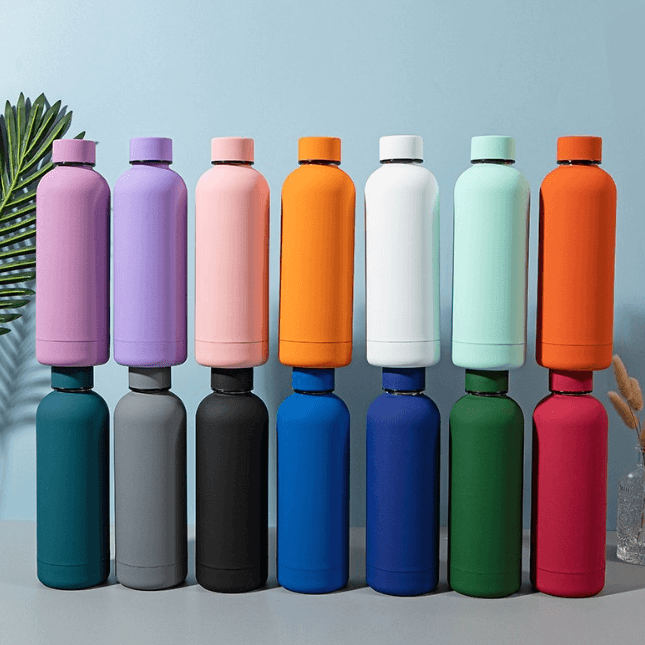
2. Health and Environmental Considerations
Aluminum Water Bottles
- Coating: To prevent direct contact between aluminum and beverages, aluminum water bottles usually have a lining. However, the coating can wear off over time, requiring periodic replacement.
- Eco-Friendly: Aluminum is recyclable and environmentally friendly.
Stainless Steel Water Bottles
- No Coating Needed: High-quality stainless steel water bottles do not require a coating since stainless steel does not react with beverages.
- Recyclable: Stainless steel is also recyclable, contributing to waste reduction.
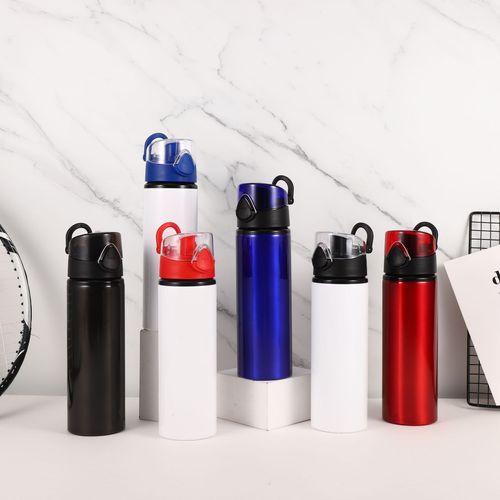
3. Maintenance and Cleaning
Aluminum Water Bottles
- Easy to Clean: Aluminum water bottles are generally easy to clean but should be handled with care to avoid damaging the coating.
- Coating Maintenance: Regular checks and replacements of the coating are necessary to ensure beverage safety.
Stainless Steel Water Bottles
- Durable: Stainless steel water bottles are more resistant to wear and tear, making them easy to clean.
- Low Maintenance: There is no need to worry about the coating, resulting in lower maintenance costs.
4. Price and Value
Aluminum Water Bottles
- Affordable: Typically less expensive, making them a good option for those on a budget.
Stainless Steel Water Bottles
Value for Money: Although the initial cost may be higher, their durability and long-term performance make them a worthwhile investment.
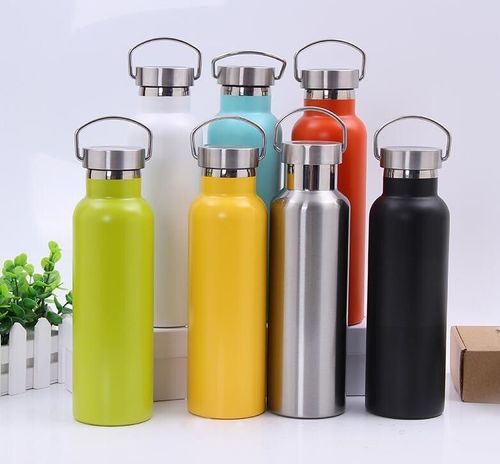
5. Selection Guide
- Activity Type: If you are frequently involved in outdoor activities and need a lightweight water bottle, an aluminum water bottle might be a better choice.
- Beverage Type: If you often consume hot or cold beverages, the insulation properties of stainless steel water bottles could be more suitable.
- Budget Considerations: If you have budget constraints, aluminum water bottles offer an economical option.
- Environmental Consciousness: If you are concerned about environmental impact, both materials are recyclable, but stainless steel water bottles might be more eco-friendly due to their durability.
Conclusion
Aluminum and stainless steel water bottles each have their advantages and characteristics. The choice between them depends on your personal needs, budget, and lifestyle. By considering the factors mentioned above, you can make a choice that best fits your requirements. Regardless of the water bottle you choose, it is important to ensure that it is practical and aligns with your health and environmental standards.

